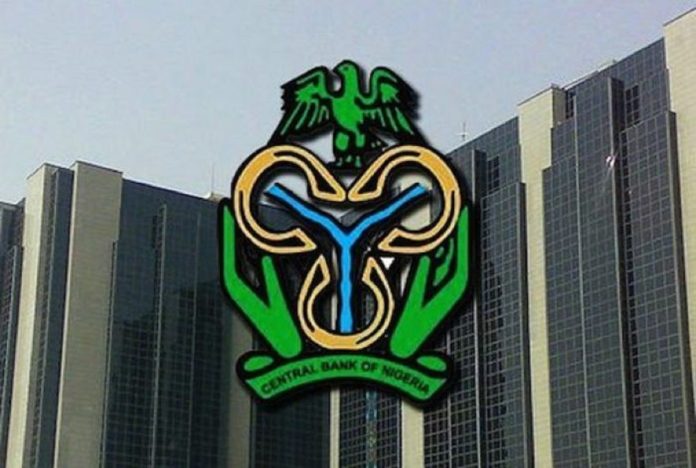By Our Reporter
The Central Bank of Nigeria, (CBN) has berated the Nigerian Economic Summit Group (NESG) over its press release titled Matters of Urgent Attention, which called to question some of the measures taken by the apex bank to support the stability of the country’s financial system and help the economy to recover faster, especially following the negative impact of the COVID-19 pandemic.
Specifically, the CBN, in a statement by Isaac Okorafor, the Director, Corporate Communications, said that by the positions it had taken, it was obvious that the NESG, under its current leadership, has fallen short of its own standards and become a shadow of its old self, stressing that the allegations of the Group are even reportedly reflective of sinister motives and malicious intent.
Specifically, the apex bank stated that it took several steps to keep the economy afloat during the COVID-19 heat.
It would be recalled that the NESG had urged the Central bank to show openness, transparency and fairness in its disbursements of loans, foreign exchange transactions and price fixings.
Reacting to issues raised by the Nigerian Economic Summit Group (NESG), Okorafor said: “The CBN, like other central banks across the world, had to embark on extraordinary measures in order to stabilise the economy from an extraordinary shock.
“Some of the steps include one year extension of a moratorium on principal repayments for CBN intervention facilities, strengthening Loan-to-Deposit ratio policy with over 21 per cent rise, creating N50 billion target credit facility for households and SMEs, N100 billion pharmaceutical funding, N1 trillion facility to boost local manufacturing, among others.
CBN also said it recently slashed the interest rate on savings accounts to ensure investors expand their businesses after observing a huge gap in deposits and loans across the banks.
“Total deposits stood at about N25 trillion in January 2020, total loans stood at N17 trillion. As of August 2020, while total deposits have increased to N29.7 trillion, total loans were only N19 trillion.”
It said rich firms and individuals had more savings rather than investing which should lead to hiring more people and producing more goods.













